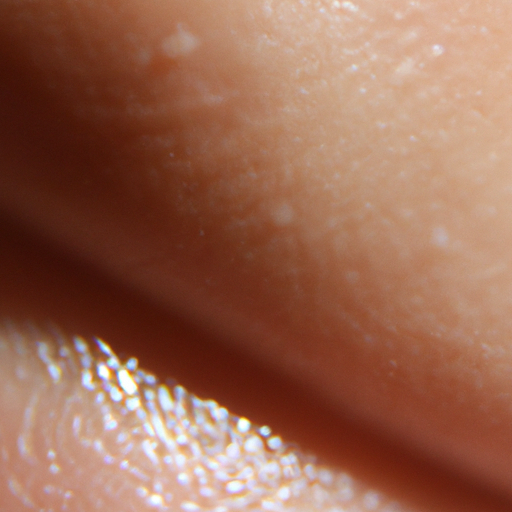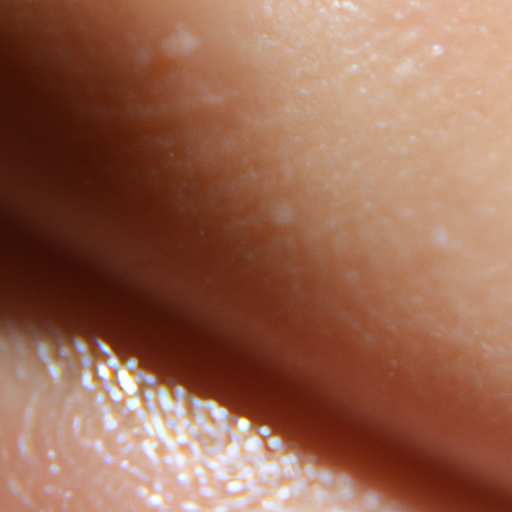As a medical professional, I understand the frustration that comes with managing oily skin. The constant shine, the breakouts, and the seemingly never-ending battle to maintain a clear complexion can be exhausting. However, it’s important to remember that oily skin is not a curse, but a condition that can be managed with the right strategies. Here are five proven strategies to help you combat oily skin.
1. Regular Cleansing: The first step in managing oily skin is regular cleansing. Washing your face twice a day with a gentle, oil-free cleanser can help remove excess oil and prevent clogged pores. However, avoid over-washing as it can strip your skin of its natural oils, causing it to produce even more oil to compensate.
2. Use of Oil-Free and Non-Comedogenic Products: Non-comedogenic products are specifically designed not to clog pores, making them ideal for those with oily skin. Similarly, oil-free products can help reduce the amount of oil on your skin without drying it out. This includes everything from your cleanser and moisturizer to your makeup.
3. Hydration is Key: It may seem counterintuitive to moisturize oily skin, but hydration is crucial in managing oil production. When your skin is dehydrated, it can trigger more oil production. Therefore, using an oil-free moisturizer can help balance your skin’s oil levels and keep it hydrated.
4. Balanced Diet: Your diet plays a significant role in your skin’s health. Consuming foods high in sugars and fats can stimulate oil production, leading to oily skin and breakouts. Instead, opt for a balanced diet rich in fruits, vegetables, lean proteins, and whole grains. These foods are packed with antioxidants and essential nutrients that can help improve your skin’s health and reduce oil production.
5. Regular Exercise: Regular physical activity increases blood circulation, which helps nourish skin cells and keep them vital. It also helps in reducing stress, which is known to trigger oil production. However, remember to cleanse your face immediately after exercising to remove any sweat and prevent clogged pores.
While these strategies can help manage oily skin, it’s important to remember that everyone’s skin is different. What works for one person may not work for another. Therefore, it’s crucial to understand your skin type and its needs. If you’re struggling with oily skin, consider consulting with a dermatologist. They can provide personalized advice and treatment options based on your specific skin type and concerns.
In conclusion, managing oily skin requires a combination of regular cleansing, using the right skincare products, maintaining a balanced diet, and regular exercise. With these strategies, you can reduce the shine and enjoy healthier, clearer skin. Remember, oily skin is not a flaw but a condition that can be managed with the right care and attention.




